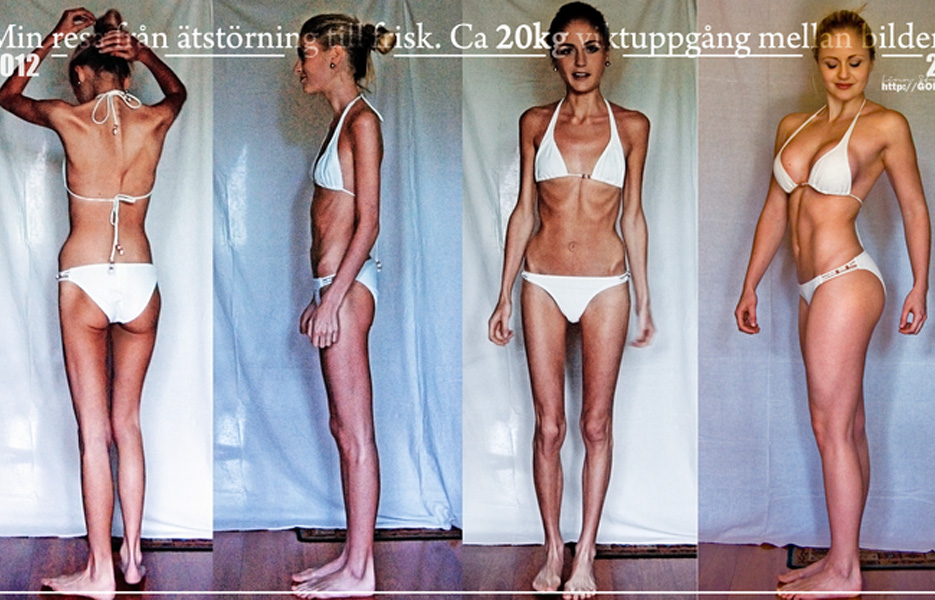
Cosmetic Neurology
Brain Stimulation Can Help Treat Anorexia
The application of magnetic fields in the brain can ease the major symptoms of people who suffer from anorexia nervosa, a life-threatening eating disorder.
In a new study conducted by a group of researchers from Kings College in London, they used a non-invasive brain stimulation technique called repetitive transcranial magnetic stimulation (rTMS), a method used to treat depression, on anorexia patients. The study involved 49 male and female anorexic patients who received either a real or fake treatment. The patients participate in food exposure and decision-making activities before and after one session of rTMS in which their responses and symptoms were observed for changes. The lead researcher of the study is Jessica McClelland, a postdoctoral researcher at the Institute of Psychiatry, Psychology & Neuroscience (IoPPN) at King’s College London. The study was published in the journal PLOS One on March 23.
rTMS applies magnetic pulses which stimulates the brain’s electrical circuits. This gentle magnetic stimulation helps the brain form new neural connections. The therapeutic effects of rTMS in psychiatric disorders are thought to occur as a result of “neuroplasticity”.
“With rTMS we targeted the dorsolateral prefrontal cortex, an area of the brain thought to be involved in some of the self-regulation difficulties associated with anorexia,” said McClelland. “This technique alters neural activity by delivering magnetic pulses to specific regions of the brain, which feels like a gentle tapping sensation on the side of the head.”


In the food exposure task, the patients were asked to watch a two-minute long clip of people eating appetizing foods like chips and chocolate. Furthermore, the food items featured in the clip were placed in front of the patients who were tasked to rate the foods based on their smell, taste and appearance after watching the clip. They were also asked how much they wanted to eat the foods.
On the other hand, the decision-making task challenged the patients to choose between a smaller amount of money that they could get immediately and a larger, fixed amount that would only be available to them after one week, one month, one year or two years.
According to results, the patients who received real treatments were more likely to make practical decisions regarding the money and more willing to wait for larger rewards in the future rather than choosing the immediate but smaller amount. They also felt less need to restrict their food intake after each treatment.
“We found that one session of rTMS reduced the urge to restrict food intake, levels of feeling full, and levels of feeling fat, as well as encouraging more prudent decision-making. Taken together, these findings suggest that brain stimulation may reduce symptoms of anorexia by improving cognitive control over compulsive features of the disorder,” added McClelland.
No comments:
Post a Comment